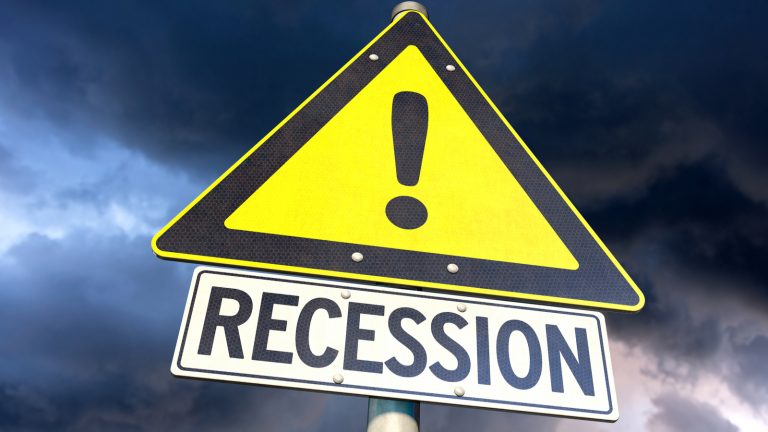For many months, both investors and consumers have pondered one important question; will 2023 bring a recession? Many experts have offered theories, some suggesting that the U.S. has already entered one. NerdWallet (NASDAQ:NRDS) has argued that the current state of the U.S. economy does not fit the traditional definition of a recession. Other experts, such as Jared Franz of Capital Group, have stated that it depends on who is asking. However, a powerful indicator from the treasury bond market has just provided strong evidence that a recession is coming in 2023. According to economic data from the Federal Reserve Bank of St. Louis, the difference between 2 and 10-year bonds has broken through the previous record. This marks the widest divide since the 1980s.
What does this mean for the economy in 2023? Let’s take a closer look.
A Dangerously Accurate Indicator is Flashing a Recession Warning
For many experts, a recession has seemed inevitable as the Federal Reserve has implemented significant rate hikes. While the stock market has demonstrated high volatility, bond prices have been in steep decline. This has dangerous implications for other areas. As InvestorPlace assistant news writer Shrey Dua reports:
“Treasuries have become a point of concern in the financial world. Many long-duration Treasury bonds, considered a premier low-risk investment option, are down substantially this year. In some cases, they are even out-bearing stocks.”
This is certainly a troubling scenario for the U.S. economy. But it gets worse from here. The treasury bond market is a highly reliable indicator of an oncoming recession. More specifically, the spread between 2 and 10-year bonds is a recession-harbinger that is too accurate to ignore. It has dipped below 0 six times since the 1970s and every time, a recession has followed. And yesterday, it closed out the day down -60 bps, the lowest the spread has been since 1982.
Last week, the Consumer Price Index (CPI) report for October came in lower than expected. That calmed some recession fears among investors as stock market indexes rebounded. But the code red warning that the treasury bond spread is currently flashing may quickly cancel out Wall Street optimism as the reality of the oncoming recession sets in. When an economic indicator with a demonstrated track record starts flashing warning signals, investors are likely to listen. Experts such as Jim Reid of Deutsche Bank (NYSE:DB) have acknowledged that given the previous accuracy with which treasury bond spreads have predicted recessions, this new development is indeed troubling.
What Comes Next
It’s important to note that while inflation may be cooling in some areas, the trends that pushed it up throughout 2022 remain mostly intact with few signs of easing. As InvestorPlace contributor Craig Shapiro notes:
“While the CPI reading last week did show some heat has come off the inflation boil, core inflation was still up 7.7% from last year, down from 8.2% last month. And when we look under the hood, we can see that inflationary pressures still are broad and vast in the economy.”
While the future remains uncertain, if history is any indication, a recession is looming. Investors are likely to begin taking precautions now as the thing Wall Street fears inches ever closer.
On the date of publication, Samuel O’Brient did not have (either directly or indirectly) any positions in the securities mentioned in this article. The opinions expressed in this article are those of the writer, subject to the InvestorPlace.com Publishing Guidelines.

